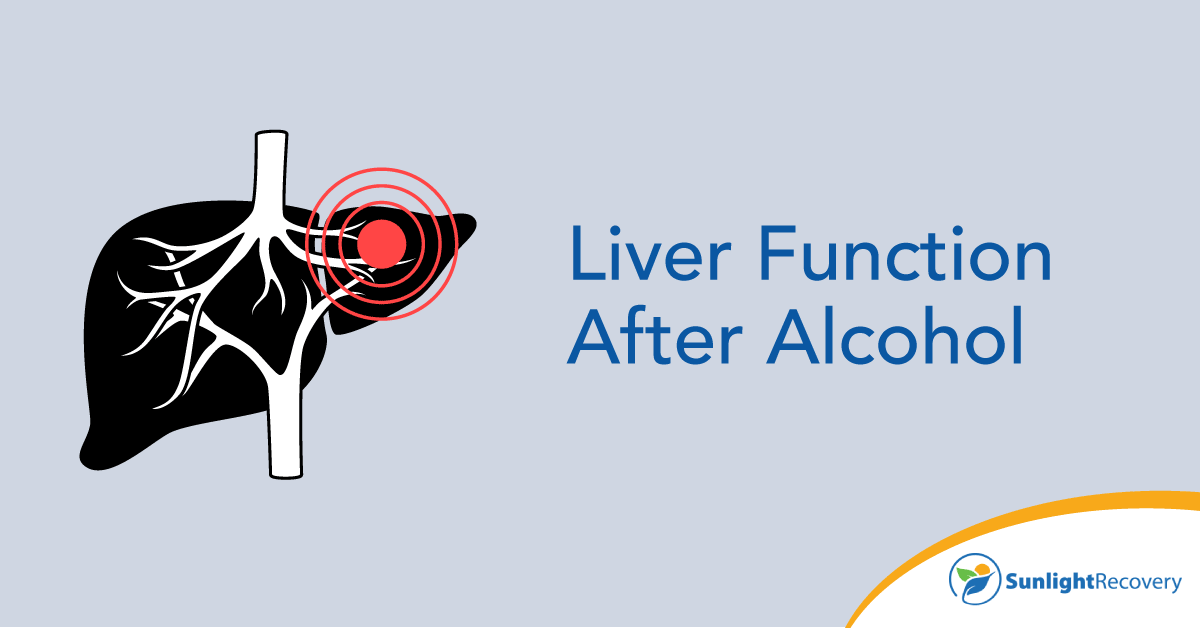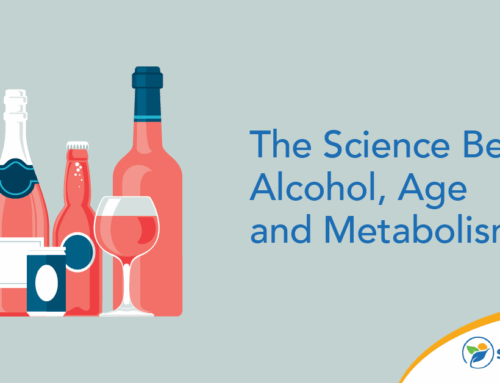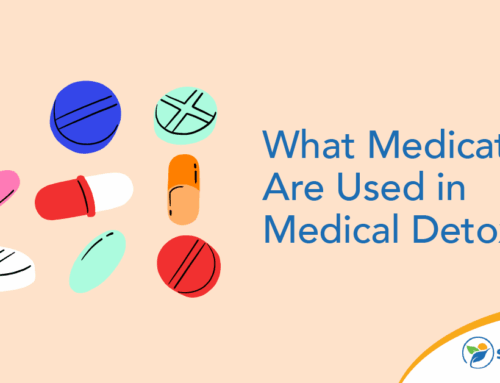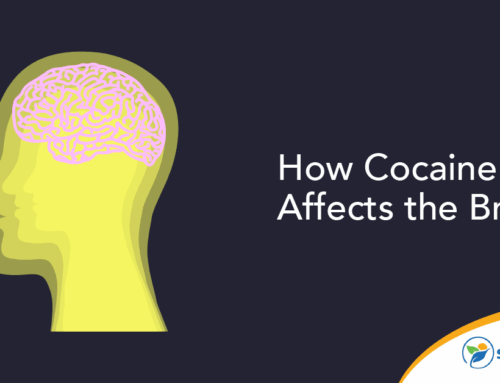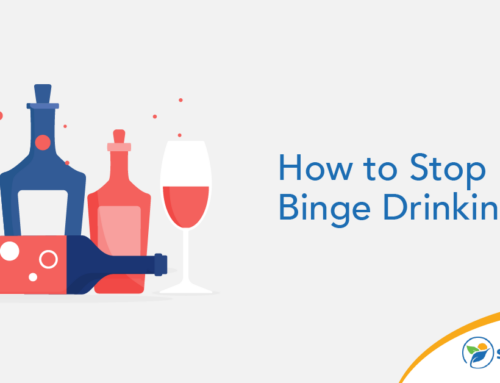Drinking alcohol is a significant part of culture in the United States, but recurring drinking can result in dependence. An estimated 29.5 million Americans ages 12 and older suffer from alcohol use disorder. Taking steps to eliminate drinking from your life is a noble pursuit, but it’s natural to wonder how long it takes for the liver to heal from alcohol.
Setting expectations can allow you to proceed with understanding and confidence when you decide to begin sober living. Exploring tips on how to detox your liver can help you alleviate symptoms and enjoy a healthier lifestyle. Continue reading to learn what to expect when you step away from alcohol.
Examining Alcohol’s Impact on the Liver
The liver is a vital organ for optimal bodily functions. Among its hundreds of jobs, the liver :
- Cleans toxins from blood
- Eliminates old blood cells
- Aids digestion
- Creates bile
- Regulates the amount of blood in the body
With the roles your liver plays, it’s fair to wonder how drinking can affect it. When you consume alcohol, the liver goes to work breaking it down to help your body remove it.
This process can create substances in your body that are more harmful than the alcohol itself. Large amounts of these substances can cause damage to liver cells that can lead to liver disease.
The types of diseases caused by liver damage include fatty liver, inflammation of the liver, acute alcoholic hepatitis, cirrhosis and liver failure. Making changes now can help you detox your liver and manage symptoms.
Symptoms and Stages of Liver Damage
You can track chronic liver disease by learning the four stages of liver disease and damage. You can also use the symptoms to determine if you should visit a health care facility or schedule a visit with your doctor.
The top symptoms to monitor if you’re concerned about your health after quitting alcohol are:
- Upper abdominal pain
- Nausea
- Loss of appetite
- Fatigue
The stages of liver disease begin with hepatitis and progress toward liver failure. Here’s a closer look at each stage of liver damage resulting from drinking alcohol.
Hepatitis
Hepatitis is the inflammation of your liver tissues, the standard response to elevated levels of toxins and damage. It’s your body’s attempt to purge infections and allow your body to heal.
Acute hepatitis is a temporary response that’s often effective in healing your system. If hepatitis progresses, it can eventually become fibrosis, which causes scarring.
Fibrosis
The next stage of liver damage is fibrosis. Fibrosis causes the liver to become stiffer due to the thin bands of scar tissue that develop. The scar tissue makes it more difficult for the liver to pass blood through.
Despite how it sounds, you can reverse fibrosis. Your liver cells can regenerate and heal, providing a path toward a healthier life after alcohol. Keep that in mind when asking yourself, “If I quit drinking, will my liver heal?
Cirrhosis
The third stage of liver damage is cirrhosis, and at this stage, the scarring of liver tissue becomes more severe. If you continue drinking, the scarring can become permanent and irreversible.
You can take steps to slow or stop the damage, but your liver needs enough healthy cells to resume the regeneration process. The body also begins to compensate for the lower liver function.
Liver Failure
Liver failure is the last stage, and it begins when your liver can no longer meet your body’s needs. You’ll start noticing changes within your body at this stage. The best solution for liver failure is to schedule a liver transplant.
Factors Influencing Liver Recovery
You have multiple paths toward liver recovery and regeneration when you choose to leave alcohol in the past. Cellular sources are the natural path, with the human liver displaying impressive abilities to move toward regeneration.
Several cell types can assist with the process, including:
- Hepatocytes
- Biliary epithelial cells
- Hepatic progenitor cells
- Human liver stem cells
These types of cells play a significant role in assisting with liver recovery, depending on the stage of liver damage when you begin sober living.
The liver’s microenvironment also plays a role in influencing liver recovery. Factors including bile acids, gut microbiota, nerves, hormones and aging all affect the levels of recovery you can reach.
Medical Treatments and Lifestyle Changes
The options for medical treatments depend primarily on your diagnosis. Some levels of liver damage can be treated with simple lifestyle changes, while others require medications and surgery.
Lifestyle Changes
The first thing to try when you’re diagnosed with early stages of liver damage is to begin eating a healthy and balanced diet. Vitamins and nutrients in the diet help begin liver regeneration.
Other tips include eliminating alcohol from your life and avoiding unnecessary medications. Stick to the recommended dosage for any medicines you’re prescribed. Combine these changes with liver health screenings to monitor your progress.
Medical Treatments
The first stage of medical treatment is medication. Acetylcysteine, designed to reverse acute liver failure, is health care providers’ go-to medication.
Supportive care is the next step if medication doesn’t help with recovery. The care supports bodily functions as your liver regenerates.
If supportive care doesn’t heal your liver, you can opt for a liver transplant. You can receive a donation from a donor corpse or a living donor. The healthy cells regenerate and grow your liver to its previous size.
Long-Term Prognosis
The long-term prognosis for liver damage from alcohol depends on the level of damage. Without treatment, you can expect to live up to 12 years.
Taking steps to reverse the damage early in the process can make a substantial difference in your health outcomes and long-term wellness.
Understand How Long for the Liver to Heal From Alcohol
Eliminating alcohol from your life and finding sobriety can improve your health and happiness, and it’s important to know what to expect during your recovery journey. The process can take years, but identifying liver damage can help you make lifestyle changes to aid regeneration.
If you’re struggling with your mental health after receiving your liver damage diagnosis, don’t be afraid to reach out for help. Contact our team of empathetic counselors at Sunlight Recovery anytime to start your journey toward recovery today.


